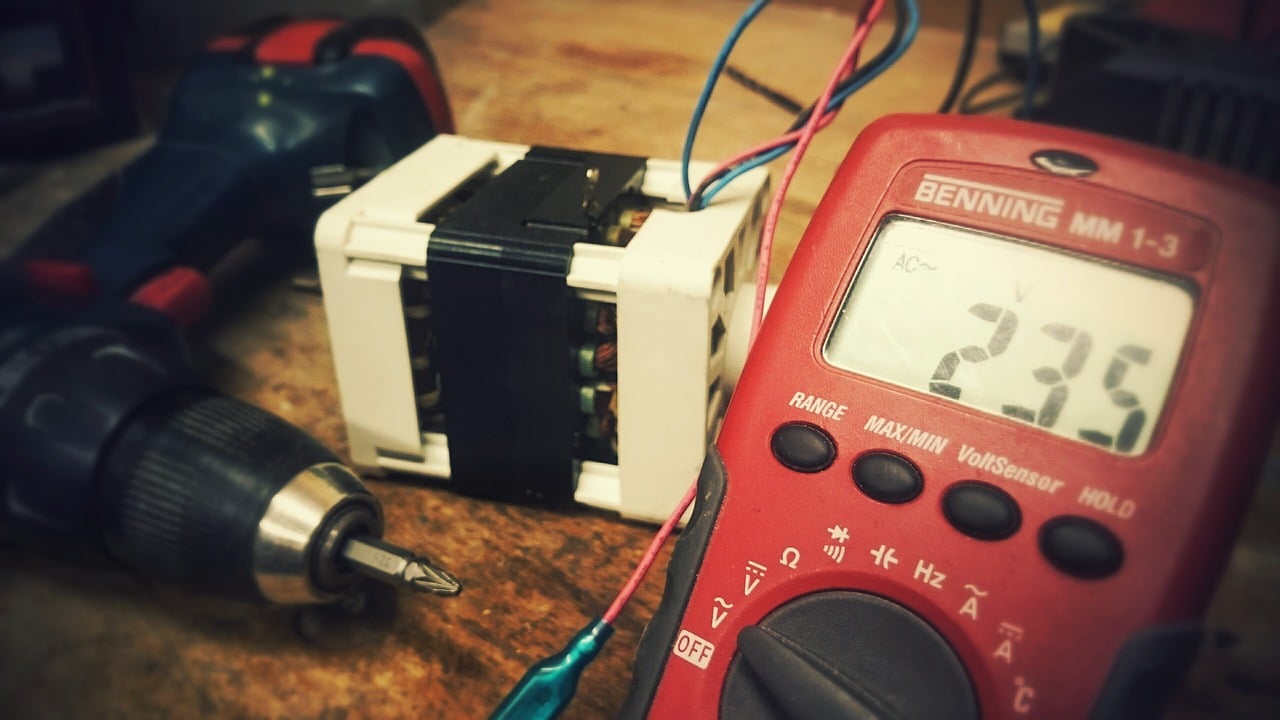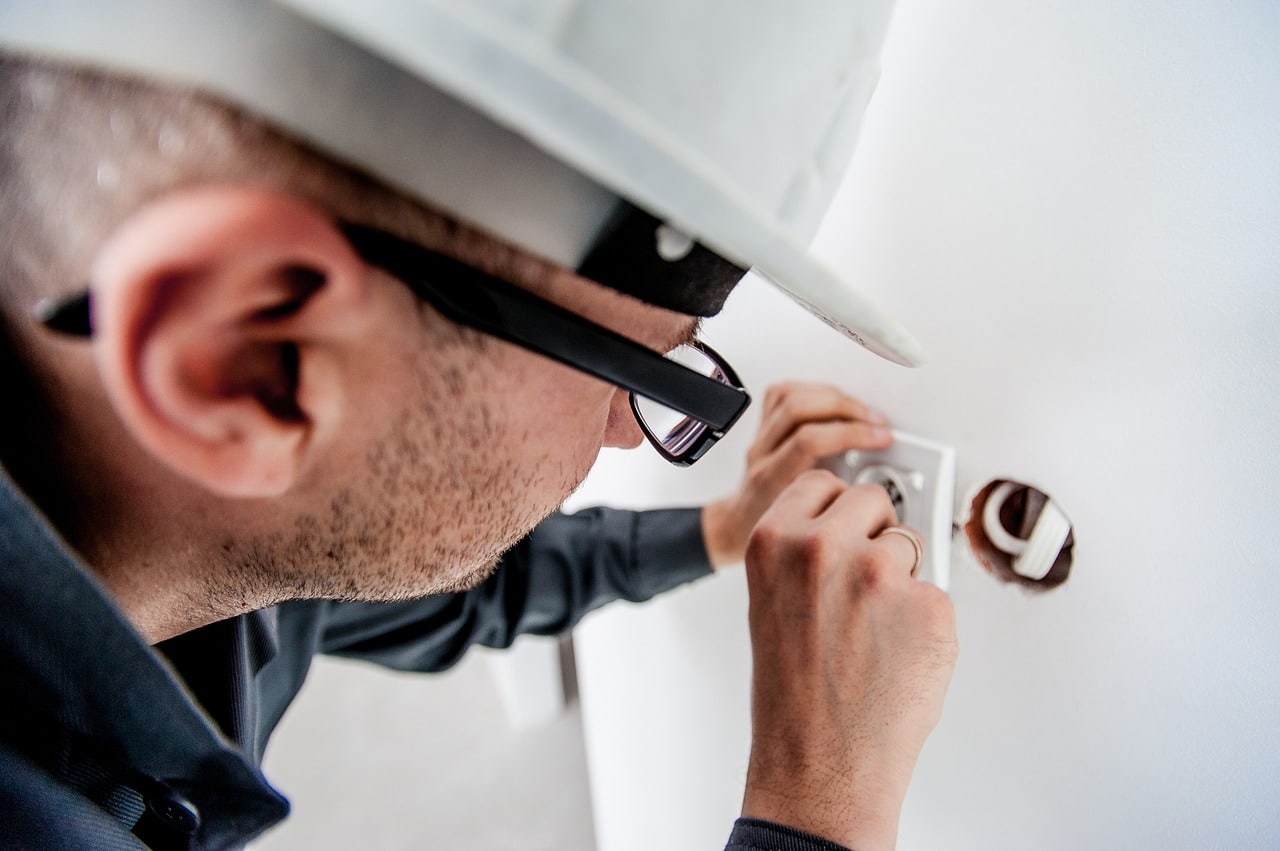The primary role of an electrician is to ensure that electrical currents are flowing safely and reliably through the various outlets and equipment in a particular place. However, while they may require the same basic skills, not all electricians are the same. For example, if you need a commercial or residential electrician, you can find the greatest examples of skill and great service at electrician Lubbock. Therefore, it is important for anyone thinking of becoming an electrician to decide which kind of electrician they would like to be. Below is a description of some and what they do.
IMAGE: PIXABAY
1. Industrial Electrician
These electricians work in manufacturing, energy production, chemical plants and heavy industries. As a result, they handle jobs that deal with high power requirements ranging from high AC voltages to micro levels of direct current. They are required to understand motor controls, programmable logic and be able to troubleshoot multiple subsystems within these large industries and plants.
They may be required to play multiple roles. For instance, along with an automated production line, industrial electricians may be required to repair the robotics, or repair the motors, install new electrical equipment or rewire existing systems.
2. Commercial Electrician
Commercial electricians work in locations that are accessed by the general public. As a result, a lot of emphases is placed on ensuring the safety of the electrical systems. They are usually hired by a commercial establishment or a commercial electrical contractor, and the systems they work on usually require lower amounts of power than industries, which can take care of office equipment and low-intensity lighting. In some cases, commercial electricians may have to work on some high voltage systems like the air conditioning system. If you need to hire an electrician, go to affordableelectricians.com.au and get a reliable one.
The major skills required here are an in-depth knowledge of the state’s electrical code and working within the set budget. In addition, they need adequate skills and experience to prevent electrical surges, handle primary power lines as well as numerous other minor lines flowing within the commercial structure.
3. Residential Electrician
Residential electricians, as the name suggests, primarily work on electrical systems in the home. Safety is, therefore, a major consideration here in order to protect the residents from electrical shock. Most residential electrical wiring is a single phase but for homes with air conditioning, washers, and refrigerators will require a two-phase circuit.
The major skills required are a working knowledge of the state’s residential electrical code, as well as knowledge on how to run the wiring in a discrete manner i.e. within the walls or in attic crawl spaces. They are required to be able to rewire homes that are going through renovations or place new outlets in a home.
Life revolves around electricity and there are moments you wake up to faulty electrical equipment. You try to fix them but end up doing more harm. It is time to contact an electrician. Electricians have the knowledge and skills in handling electrical power system and they make sure wiring is done properly, regularly maintained and repaired right away if faulty. Contact a reliable electrician and be grateful for how comfortable your life will be knowing that they got your back when it comes to electrical hitches.
If you are interested in even more technology-related articles and information from us here at Bit Rebels then we have a lot to choose from.


COMMENTS